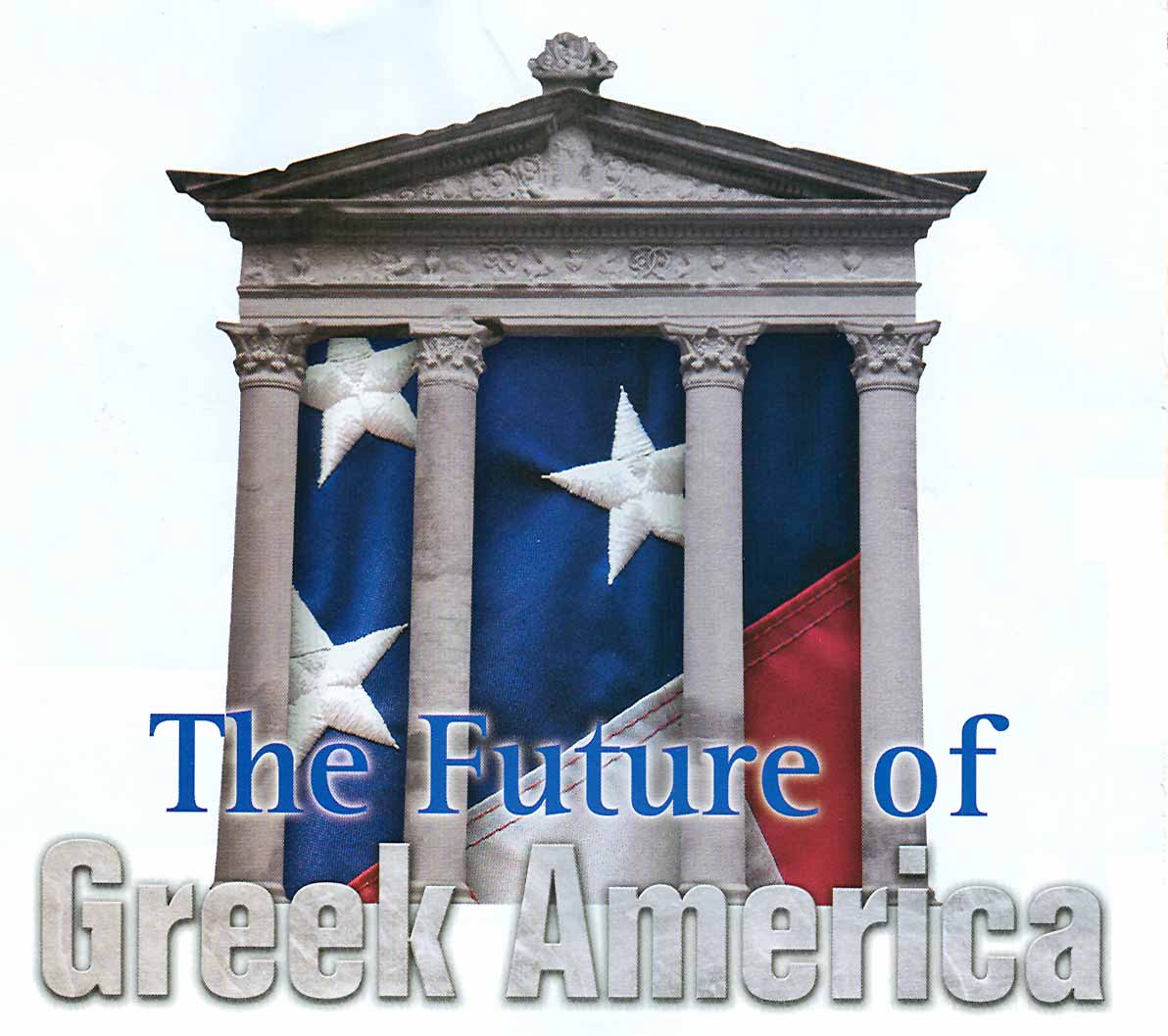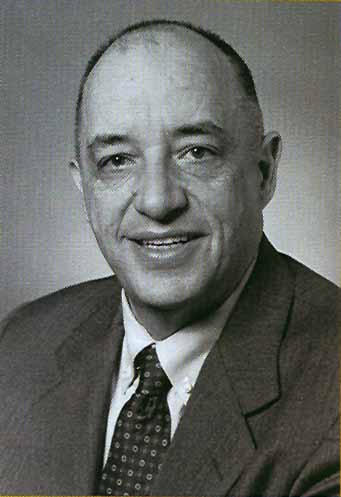 |
|
|
|
|
 By Charles Moskos |
|
|
Looking at the future of Greek America, there is both good news and bad news." First, the bad news. The demographics are not good. The era of migration is over. A little over a thousand immigrants annually are now coming from Greece. If one factors in returnees to the old country, there may even be a net loss through migration. To make matters worse, the Greek American population, along with other well off and well educated groups, has a low birth rate (as does Greece itself). In other words, we are not reproducing ourselves either through immigration or family size. So what are the numbers of Greek Americans? According to the 2000 United States census there are some 1,200,000 Americans who state they have some Greek ancestry. Of these, about 200,000 are immigrants, 400,000 are American born of full Greek parentage, and 400,000 of mixed parent-age. Needless to say, not all of those who acknowledge Greek ancestry are active in the Greek American community. Independent survey data indicates that some 700,000 Americans report themselves as Greek Orthodox, a figure that probably comes closest to the number of identifying Greek Americans. To compound matters, the children of the great wave of immigrants in the early decades of this century are now themselves reaching advanced age. Along with our immigrant forebears, this "second generation" has been at the heart of the organizational life of the Greek-American community such as the AHEPA. In a decade or two, there will be few around with living memory of the pioneer Greek immigrants. We must also confront the growing ratio of intermarriage. Since 1980, over sixty percent of Church marriages involve a non-Orthodox. But even this figure understates the real number of intermarriages as we can safely assume that virtually all those who marry outside the Church - a large if unknown number - are marrying non-Greeks. At one time, Greek parents hoped their children would marry Greeks, now they hope their children will marry within the Greek Orthodox Church. These elemental facts mean that, if there is to be a future for Greek America, a major concern must be with non-Greek spouses and the children of the mixed marriages. The core Question is what happens to the children of intermarried couples. Common sense suggests that these children will have less of a Greek identity than those who are the offspring of two Greek-American parents. Furthermore, for the large major-ity of the grandchildren of the immigrants and later gener-ations, Greek language competency ranges from meager to nonexistent. Now to the good news. The Greek Orthodox Church could be on the verge of exponential growth within American society. The major liturgical churches in this country are ripe for a mass conversion to Christian Orthodoxy. Roman Catholicism faces a crises because of the celibate priesthood and the glaring gap between its proscriptions and what its members practice. Many Episcopalians are dismayed at the social trends they see as ascendant in their congregations. A significant movement toward Christian Orthodoxy from these disaffected parishioners can be expected to the degree our Church is not viewed as ethnically exclusive. Already evangelical Protestants seeking a canonical Church are coming over to Eastern Orthodoxy in large numbers. The more the Church reaches out and accepts non-Greeks, always without compromise of its doctrinal tenets, the more it insures its own flowering and, therefore, guarantees some form of Greek-American ethnic survival into the future. Now that intermarriage has become the rule rather than exception, its meaning has also been transformed. Marrying a non-Greek no longer carries a stigma. Indeed, non-Greek spouses are playing an increasingly prominent role in Church affairs. |
|
|
|
|
(Posting date 4 May 2006) The American Hellenic Educational Progressive Association (AHEPA) is the largest and oldest American-based, Greek heritage grassroots membership organization. Its scope is international with chapters in the United States, Canada, Greece, and Cyprus, and "sister" chapters in Australia and New Zealand under the auspices of AHEPA Australasia. AHEPA was founded on July 26, 1922 in response to the evils of bigotry and racism that emerged in early 20th century American society. It also helped Greek immigrants assimilate into society. Today, AHEPA brings the ideals of ancient Greece, which includes philanthropy, education, civic responsibility, and family and individual excellence to the community. The AHEPA family consists of four organizations: AHEPA, Daughters of Penelope, Sons of Pericles and Maids of Athena. For more information about the organization or how to join, contact AHEPA Headquarters (202-232-6300) or visit the organization's newly redesigned website at http://www.ahepa.org. HCS maintains an extensive archives of AHEPA articles and press releases which readers are invited to browse under the AHEPA Family Releases section of the site archives at http://www.helleniccomserve.com/archiveahepa.html. |
|
|
|
|
2000 © Hellenic Communication Service, L.L.C. All Rights Reserved. http://www.HellenicComServe.com |

